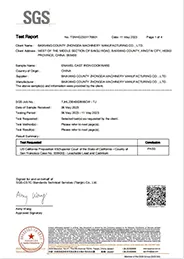- Coated Tablets Tablets can also be coated with polymers for various purposes, including taste masking, controlled release, and protection from environmental factors. The coating can be enteric to protect the drug from stomach acid or sugar-coated for palatability.








